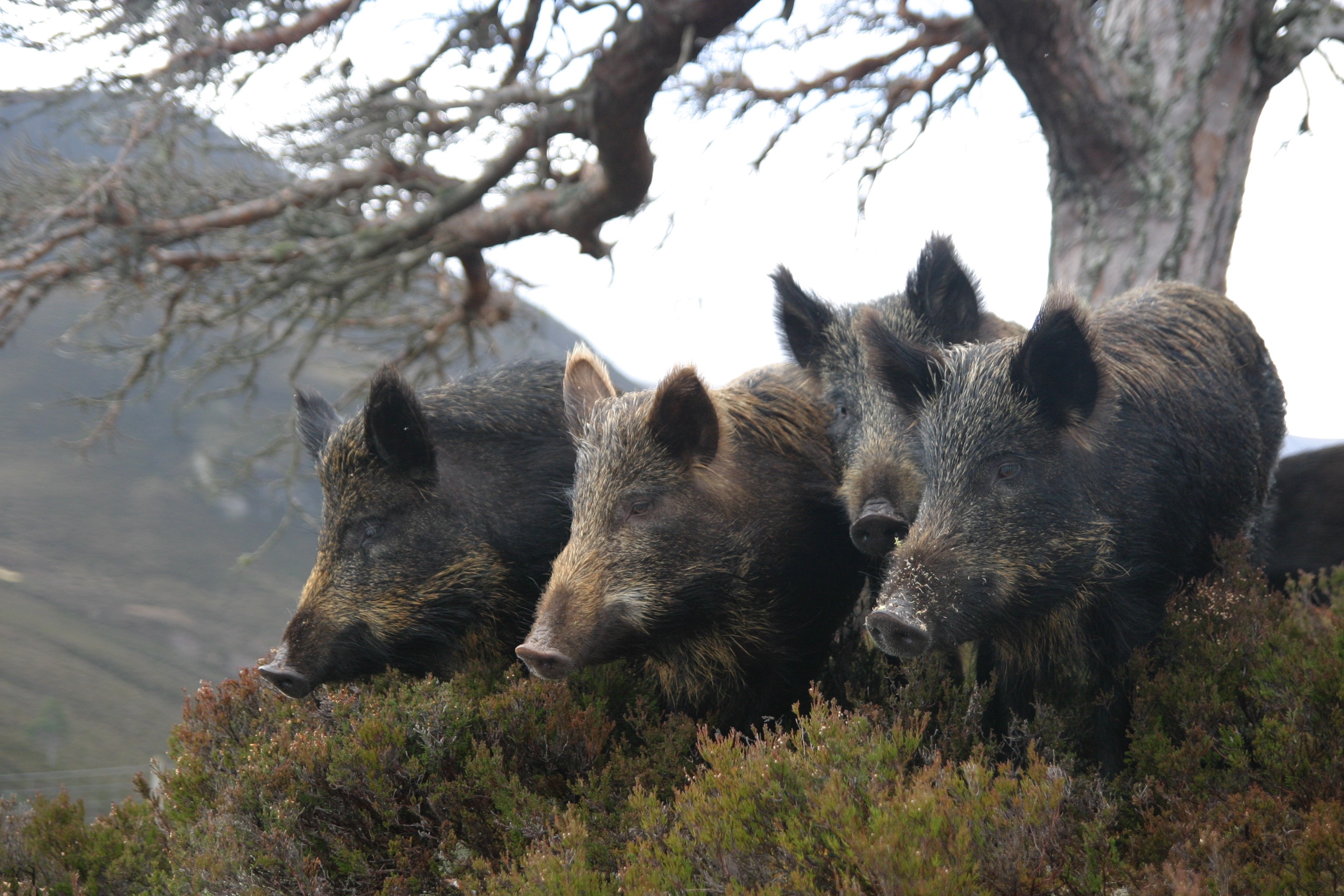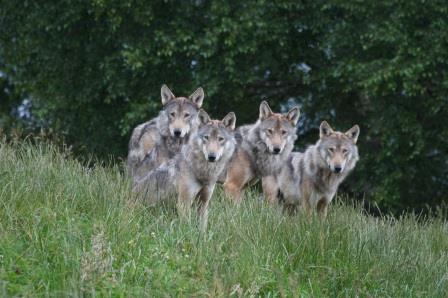Research
Rewilding
Rewilding is an optimistic environmental agenda to reverse the loss of biodiversity and reconnect society with nature. By exploring Britain’s ecological history, back to the Last Interglacial before the arrival of modern humans, when the climate was similar to today, it is possible to analyse how conservationists can learn from the past to rewild the ecosystems of the present and prepare for an uncertain future. Because there is no single point in history that should or could be recreated, rewilding focuses on re-establishing naturally dynamic ecological processes that, through an appropriate sequence of species reintroductions, attempts to move the ecosystem towards a more appropriately biodiverse and functional state – a state that is self-sustaining in the present climate, and that projected for the near future. Our research has explored a rewilding solution to conservation challenges associated with over-grazing, limited germination niche availability, and river dynamics: the reintroduction of wolves, wild boar, and beaver respectively. This sequence of reintroductions is suggested to be complimentary, each altering ecosystem dynamics to facilitate the return of the next. Evidence indicates wolves will reduce deer abundance and re-distribute browsing intensity promoting tree regeneration, particularly in riparian areas, increasing woodland availability to the more habitat-dependent wild boar and beaver. An important message behind rewilding is that a rich biodiversity with all guilds well represented, including the ones that polarize public opinion, such as large predators, are important components of ecosystem service rich and self-sustaining ecosystems, particularly in core areas.
Christopher J. Sandom
David W. Macdonald
References
Sandom, C., Donlan, C. J., Svenning, J. & Hansen, D. in Key Topics in Conservation Biology 2 430–451 (2013).
Sandom, C. J., Hughes, J. & Macdonald, D. W. Rewilding the scottish highlands: Do wild boar, sus scrofa, use a suitable foraging strategy to be effective ecosystem engineers? Restor. Ecol. 21, 336–343 (2013).
Sandom, C. J., Hughes, J. & Macdonald, D. W. Rooting for rewilding: Quantifying wild boar’s sus scrofa rooting rate in the scottish highlands. Restor. Ecol. 21, 329–335 (2013).
Sandom, C., Bull, J., Canney, S. M. & Macdonald, D. W. in Fencing for Conservation (eds. Hayward, M. & Somers, M.) (Springer, 2011).







